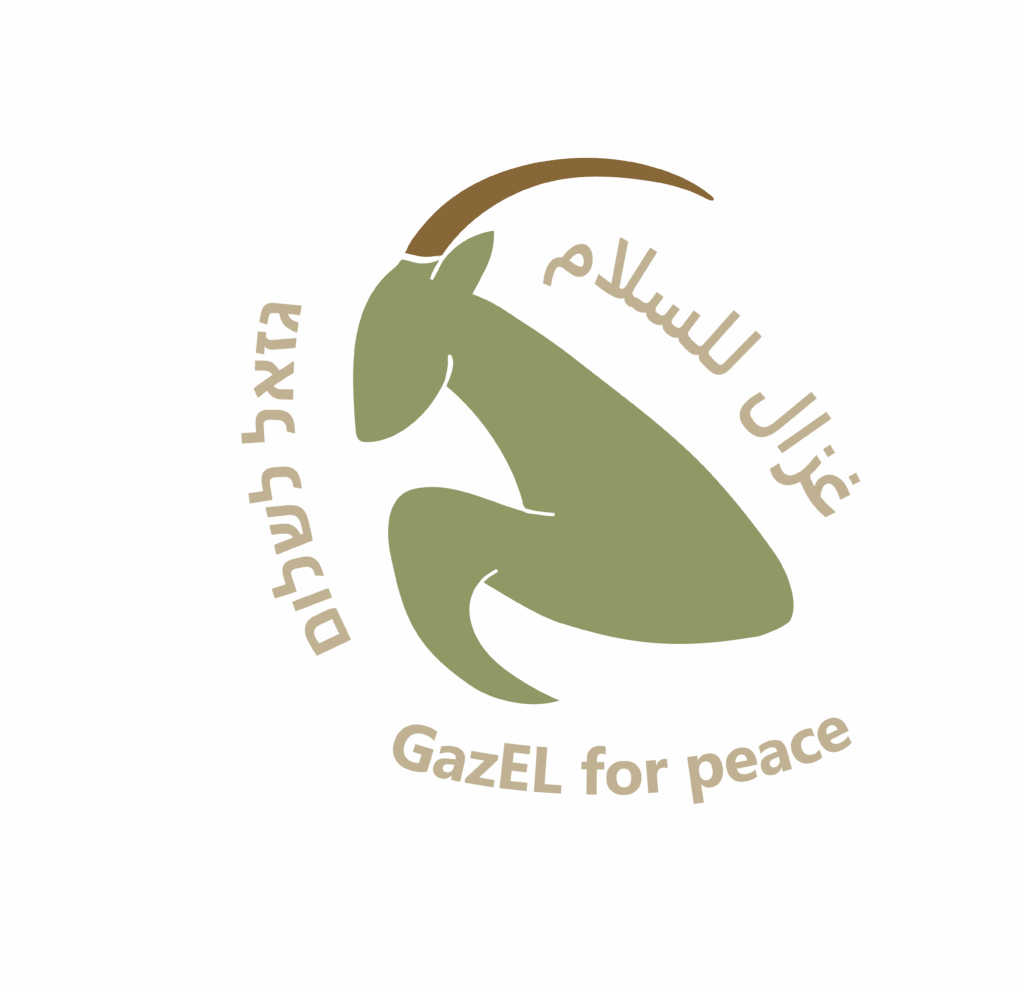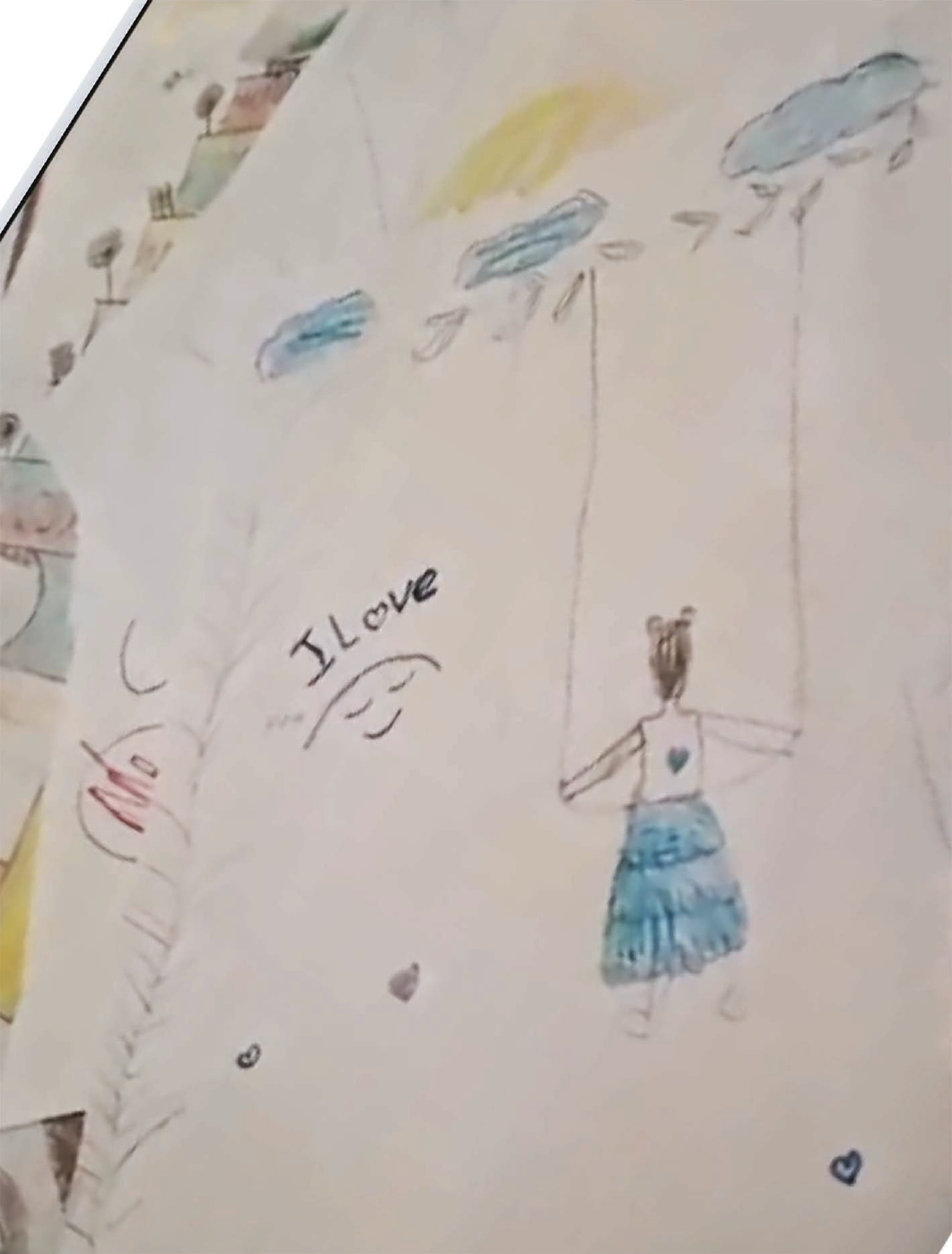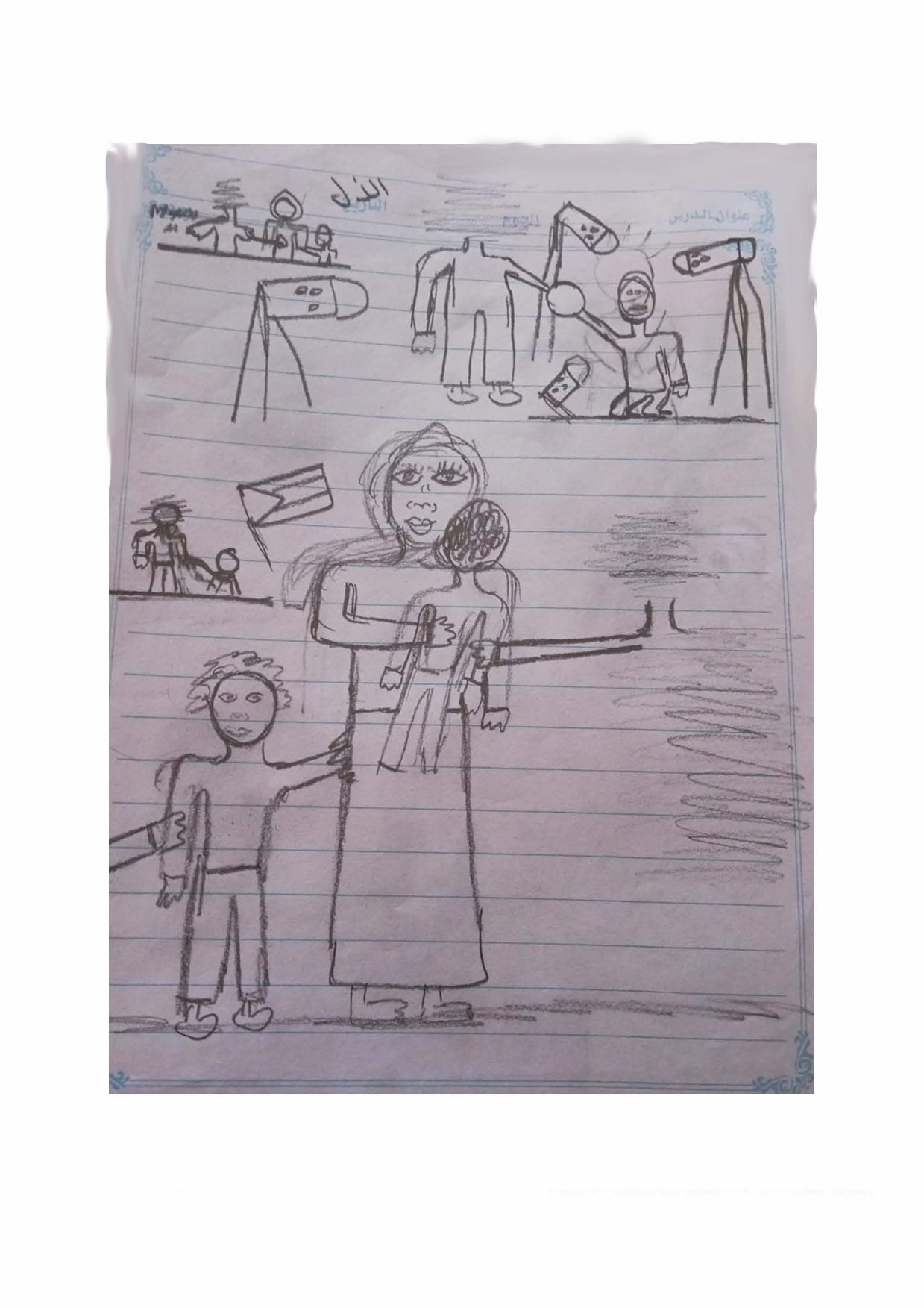When you wage your wars, think of others (and don’t forget the peace seekers). When you sleep and count the stars, think about others (some people can’t find a place to sleep).
In this text written by the Arab-Palestinian poet and creator Mahmoud Darvish, the basic mechanism inherent in all of us humans is embodied. A mechanism that has been severely damaged since October 7th.
Over the years, during security crises in Israel, we saw in our Jewish-Arab school in Be’er Sheva that the children are the first to adapt back to play and talk to each other- no matter what is their identity. For them, the mechanism of think about others is much easy and natural, unlike us adults.
Our school in Be’er Sheva is happy to take part in this joint exhibition with children from Gaza. Paintings are a great means of thinking about others. To know his or her pain, but also his or her dream and hope, in Israel and Gaza. If we can all know better how to strengthen the ‘muscle’ of compassion and tolerance towards those who are different from us, it will move us a serious step forward to a better future.
This is how we have been educating our children for over 15 years. And NOW more than ever, despite all the difficulties and challenges, it is important that we continue to promote this mission.
Thanks to all the organizers who took part in the production of this brave and exciting exhibition.
Thank you,
The Bilingual school of the Hagar Association, Be’er Sheva, Israel


